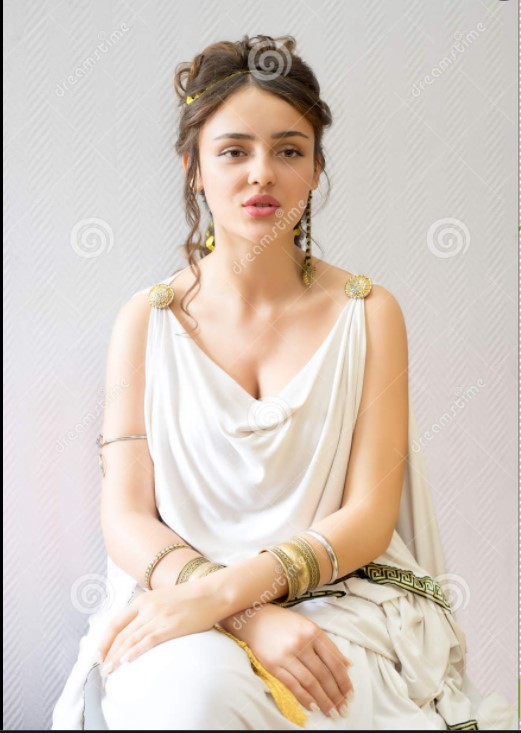In ancient Greece, women were frequently confined to their homes. Aside from the Spartan women, ancient Greek women were rarely seen as important members of society, although a few brave women rose to prominence as respected doctors, philosophers, and mathematicians. Here are seven ancient Greek women who had a significant impact on history.
Table of Contents
Aspasia of Miletus
Aspasia (470-410 BCE) was a prominent figure in Classical Athens. She was born in Miletus, Asia Minor. She was known as the spouse of Pericles, a local statesman, and mother of Pericles the Younger, despite the fact that few sources can tell us how she came to the city state. Plutarch claims that her Athens residence was a hub of intellectual activity,
Agnodice of Athens
Agnodice (c. 4th century BCE) was the first female midwife recorded to history, having been born into a privileged Athenian household. Gaius Julius Hyginus, a Roman author, recalls how she studied medicine under Herophilus while dressed as a male, as women were not permitted to practice medicine at the time.
Hypatia of Alexandria
In Alexandria, Hypatia of Alexandria (350-415 CE) was a philosopher, astronomer, and mathematician. She was the first known female mathematician and the last head of Alexandria’s Philosophical School, as well as the custodian of the famous library. She was a popular teacher and presenter on philosophical matters, and was the daughter of Theon of Alexandria, a mathematician and astronomer.
Hipparchia of Marneia
Hipparchia of Marneia (about 325 BCE) and her family relocated to Athens, where she met Crates of Thebes, the most famous Cynic philosopher of the time. She fell in love with him because of the simplicity of the Cynic way of life. Despite her parents’ opposition, she married Crates, and the two lived in poverty and austerity on the streets of Athens, according to Cynic beliefs. Hipparc died and was succeeded by his son Hipparc II.
Arete of Cyrene
Arete (5th–4th century BCE), the daughter of Aristippus of Cyrene in modern-day Libya, is regarded as the first female philosopher. Her father, a former pupil of Socrates, taught her this, and she handed it down to her son, Aristippus the Younger. After her father’s death, she is claimed to have taken over the School of Cyrene. Despite the fact that none of her lessons have survived, she is cited by a number of historians.
Hydna of Scione
Hydna (about 500 BCE) was a great swimmer and diver of her time, having been taught by her father Scyllis of Scione. She and her father swam until they reached the Persian fleet in Salamis in 480 BCE and broke their moorings, causing the ships to drift, slam into one another, and even sink. The Greek naval forces were able to prepare for war and subsequently defeat the Prussians as a result of this.
